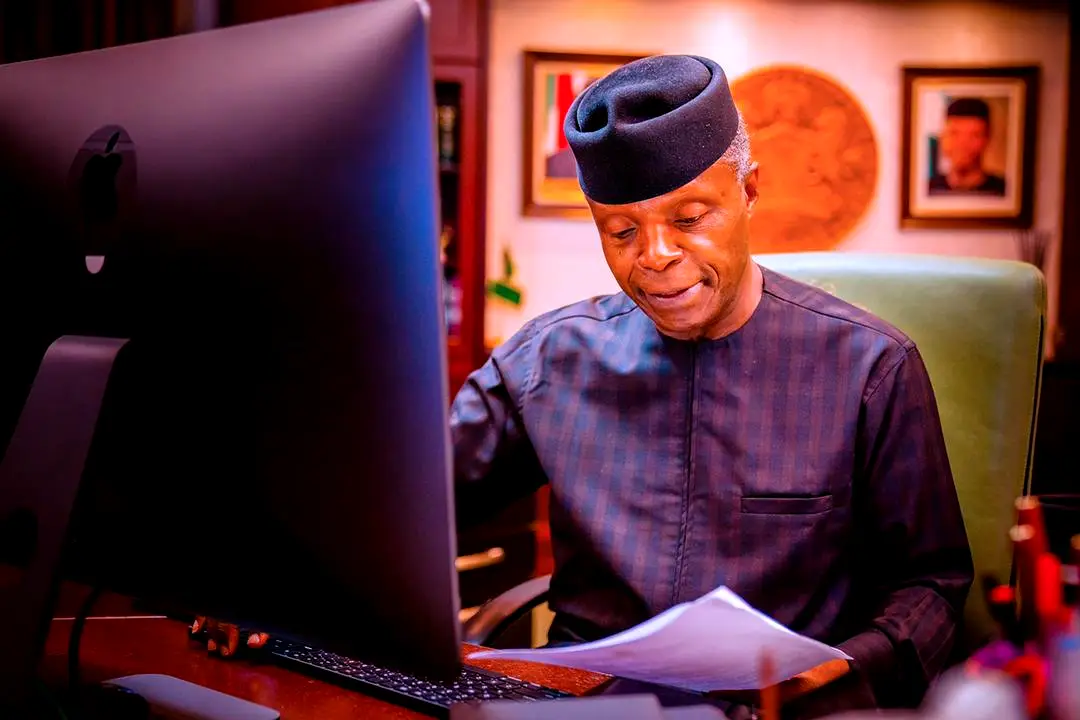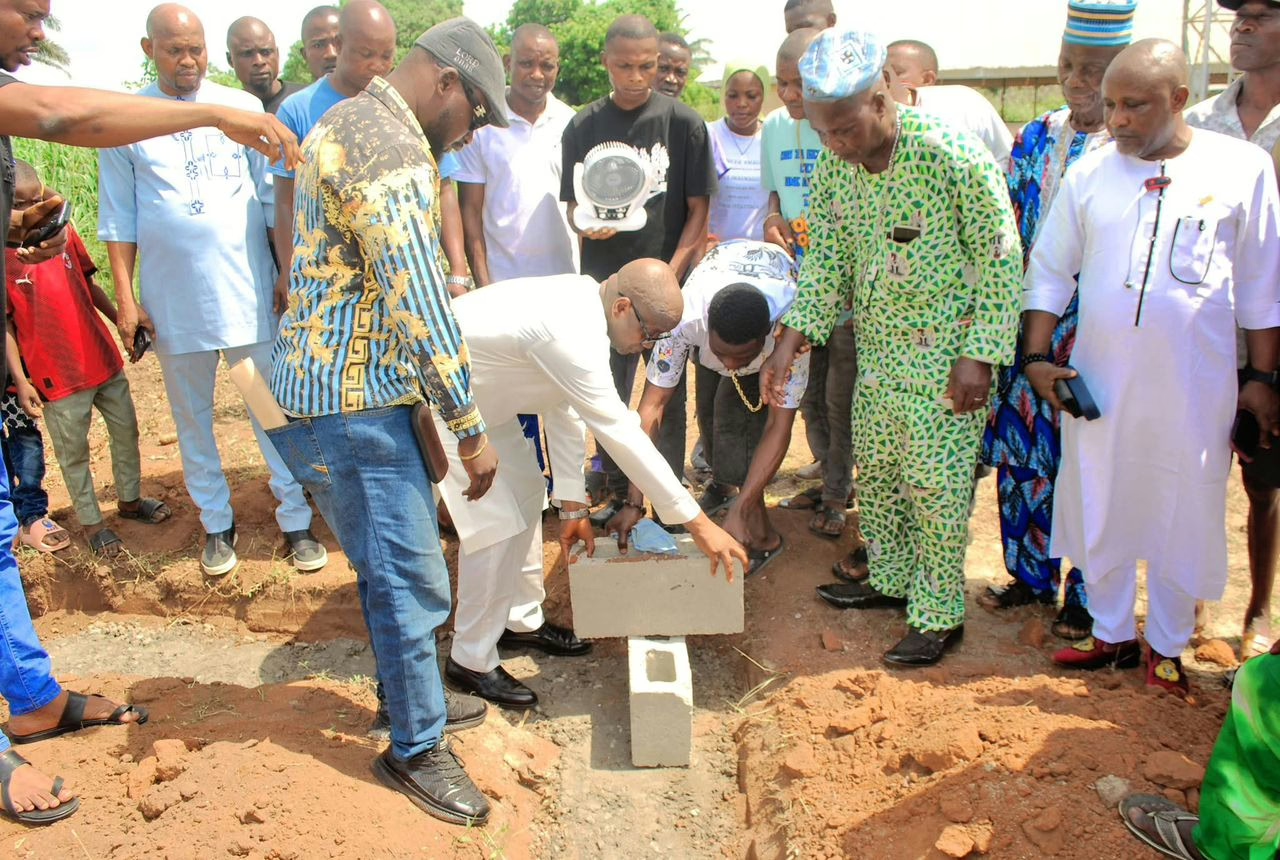The Federal Government will next year end most of its subsidy payments in the electricity sector estimated at N30 billion monthly.
Vice President Yemi Osinbajo, who disclosed this at the opening of the 14th Nigerian Association for Energy Economics/IAEE conference in Abuja yesterday, said the government expected the electricity sector to generate its revenue from the power sector market.
The theme of the conference is ‘’Strategic responses of energy sector to COVID-19 impacts on African economies.’’
Prof. Osinbajo, who was represented by the Special Assistant to the President on Infrastructure, Engr. Ahmad Zakari, noted that government would be investing over $3 billion in the coming years to improve transmission and distribution infrastructure across the country.
He explained that the effort of President Muhammadu Buhari’s administration to reform the energy sector would ensure that it continued to play critical role in the growth of the country’s social and economic well being.
He said: “Electricity tariff reforms with service-based tariff has led to collections from the electricity sector by 63 per cent, increasing revenue assurance for gas producers and stabilizing the value chain.
“It is anticipated that all electricity market revenues will be obtained from the market with limited subsidy from next year as reforms in metering and efficiency with the DISCOs continue to improve.
“Accelerated investment in transmission and distribution, over $3 billion will be out into this sub-segment of the electricity value chain that will put us on the path to delivering 10 gigawatts through the interventions of the Central Bank of Nigeria, Siemens partnership, World Bank and Africa Development Bank, and others.”
He said as the electricity sector continued to be stabilized, more power was needed for the country’s large population.
“That is why this administration continues to invest in generation to cater for our current and future needs,” he said.
Osinbajo charged the participants to come up with solutions to key energy challenges facing the country, especially with the COVID-19 pandemic and energy transition.
Earlier in his remarks, the Minister of State for Petroleum Resources, Chief Timipre Sylva, pointed out that the COVID-19 which took the world by surprise in 2020, had grave impact on the energy sector.
On her part, the President of NAEE, Prof. Yinka Omorogbe, warned that energy transition and movement towards net zero carbon was real, stressing that Nigeria must take steps to align itself with global trend.
“For some, change represents a move away from the warm and welcoming familiar, towards fearful horizons characterised by uncertainty.
“However, a critical consideration of this season will show that it is a period when change cannot be stopped or hijacked, and that survivors will be those with the ability to adapt. It is here to stay for the time being.
“For African countries, which have the problem of low levels of access to modern energy services, and which have no option but to grow their energy industries, this presents a very interesting and-to me- exciting challenge.
“Africa abounds in energy resources- coal, bitumen, crude oil, natural gas, solar energy, wind, tidal and wave energy, geothermal energy etc. The continent is blessed. Unfortunately, these resources have so far not been harnessed so as to unlock their vast potentials for the use of the people.
Again unfortunately, Nigeria has not only come to epitomise the paradox of poverty in the midst of plenty in the energy sector, but also has the strange revenue-draining paradox of being both a major exporter of crude oil and a major importer of petroleum products which are subsidized at a cost that the nation cannot afford,” Mrs Omorogbe said.
In his remarks, the Executive Secretary of Petroleum Technology Development Fund, PTDF, Engr. Bello Gusau, noted that the COVID-19 pandemic had had great impact on the economies of African countries, especially those that relied on the export of crude oil.
“Specifically, in Nigeria, where the oil sector accounts for half of government’s revenue and 90 per cent of foreign exchange earnings, GDP growth for oil has not been recovering as expected, a trend that could potentially have negative implications for quick economic recovery in a post-COVID-19 era,” he added.











Leave a Reply